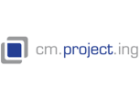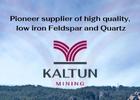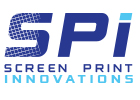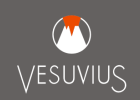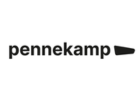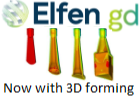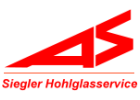This September, Vetropack Moravia Glass, a.s., the Czech subsidiary of the Vetropack Group, celebrates its 140th anniversary. The glassworks was founded in 1883 in the South Moravian town of Kyjov and has been operating under the name of Vetropack Moravia Glass, a.s. since 1991. The glass factory has not only endured the test of time but has also transformed into a modern plant serving the needs of the Central European economic area.
Located approximately three hours southeast of the Czech Republic’s capital, Prague, Kyjov serves not only as the centre for regional folklore but also as the home to one of Europe’s most advanced glass packaging production sites. And it has been ever since the foundation stone was set 140 years ago. With a daily production capacity of over 700 metric tons of packaging glass, the Czech site has established itself as one of the key glass packaging suppliers for Central Europe.
From hot to cold end – significant reconstruction work at Vetropack Moravia Glass, a.s.
Alongside the anniversary celebrations, Vetropack Moravia Glass, a.s. has achieved noteworthy advancements that underscore its dedication to innovation and sustainability. This year marked the introduction of a new state-of-the-art melting furnace designed for producing coloured glass. The melting furnace offers an increased capacity – producing 400 metric tons of coloured glass per day compared to the previous 350 metric tons.
The factory’s reconstruction also extends to the cold end, featuring new annealing lehrs and cold end coating. Centrally controlled lines equipped with modern inspection technology enhance the detection of defects and minimise downtime. These changes improve production capacity and product quality while at the same time creating a safe and ergonomic workplace for Vetropack’s employees.
The best on today’s market: installation of two new NIS machines
Vetropack Moravia Glass, a.s. also welcomes two new machines featuring completely servo-driven glassmaking technology. “Among the most flexible high-performance machines available in today’s market, the NIS machine substantially reduces energy consumption and ensures extremely accurate control of the glass-forming process, thereby improving both efficiency and capacity. The advantages of servo-driven technology are many,” says Boris Sluka, Managing Director of Vetropack’s Business Unit Czech Republic and Slovakia. “We take pride in inaugurating these machines in Kyjov.” Through its developments, Vetropack Moravia Glass, a.s. exemplifies the successful outcomes of integrating tradition with modern technologies.




